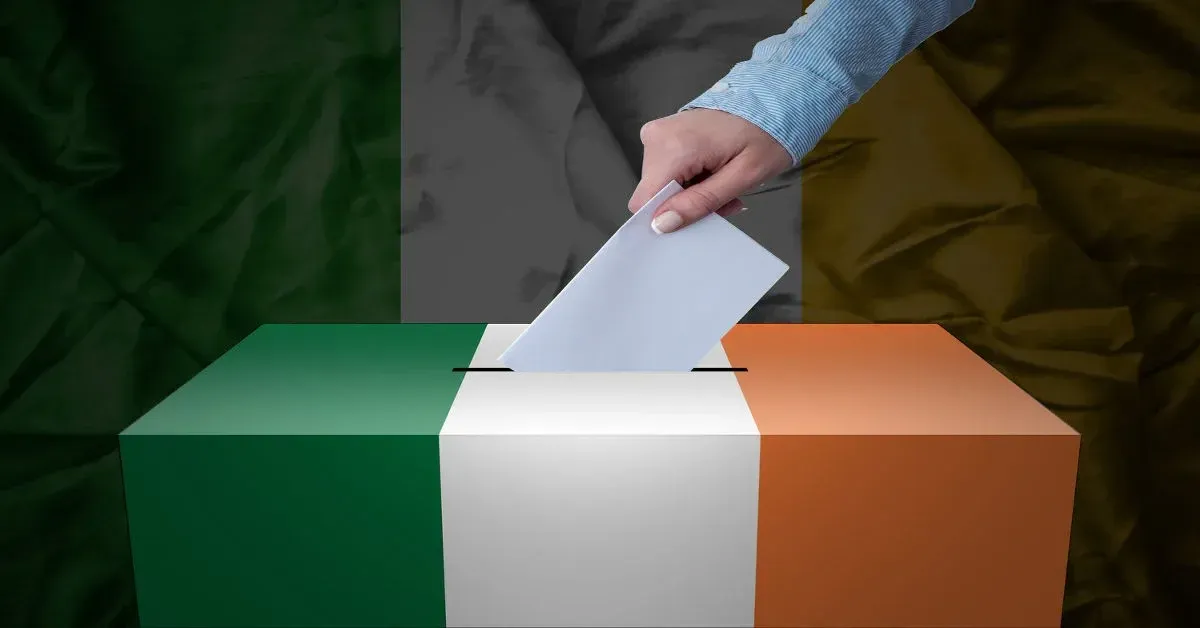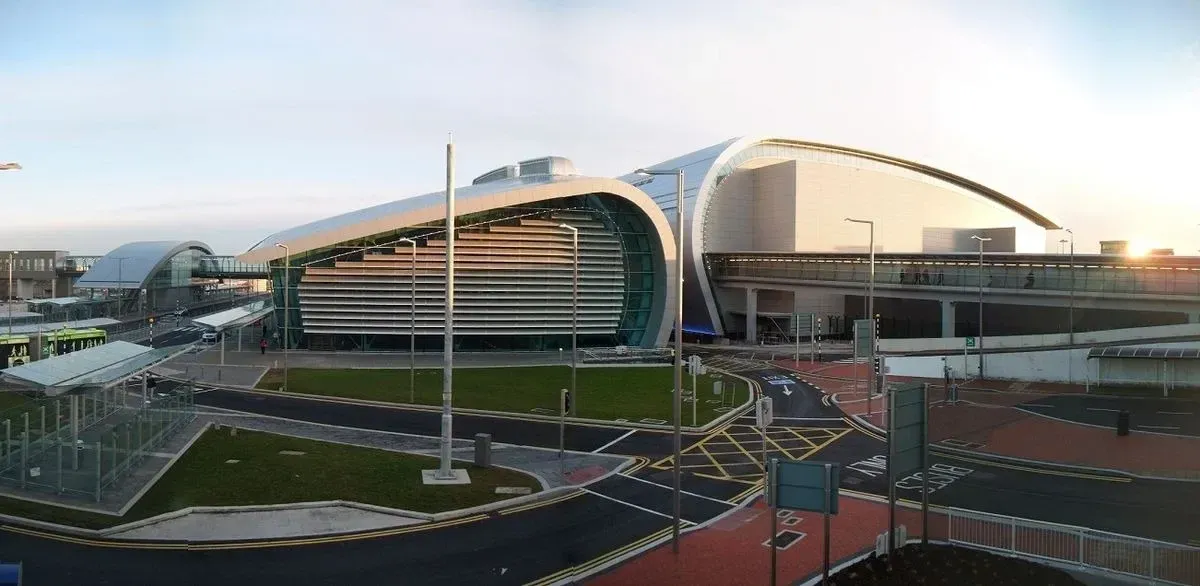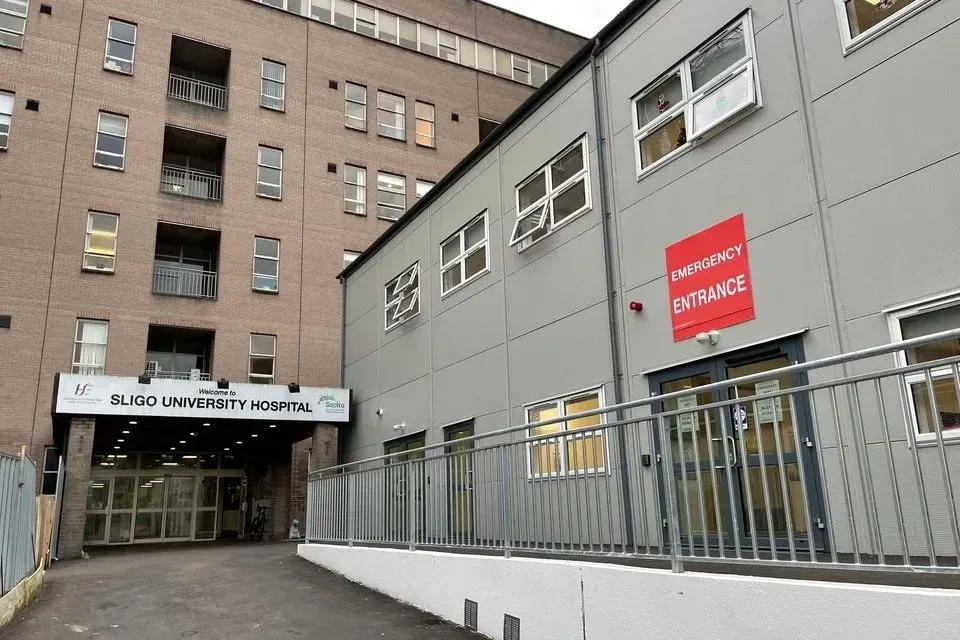Vote counting is underway in Ireland following a highly competitive general election. An exit poll conducted by Ipsos B&A indicates a tight race among the three major political parties: Sinn Féin, Fine Gael, and Fianna Fáil.
The exit poll results show Sinn Féin slightly ahead with 21.1% of the vote, followed closely by Fine Gael at 21% and Fianna Fáil at 19.5%. This suggests a potential shift in the political landscape, as the left-wing nationalist party Sinn Féin, led by Mary Lou McDonald, aims to challenge the long-standing dominance of the two centre-right parties.
Key Issues and Campaign Dynamics
The election campaign was marked by intense debates over housing, the cost of living, public spending, and immigration. Housing remains a critical issue, with many voters frustrated by the lack of affordable homes and rising rents. Sinn Féin has promised to build 100,000 public homes over the next five years, a pledge that has resonated with younger voters and those struggling to get on the property ladder.
The cost of living crisis has also been a significant concern, with inflation driving up prices for everyday goods and services. Fine Gael and Fianna Fáil have both emphasised their economic credentials, arguing that their policies will stabilise the economy and protect jobs. However, Sinn Féin has criticised their handling of the economy, pointing to growing inequality and the need for more robust social safety nets.
Public spending and healthcare have been other major topics of debate. Fine Gael has promised to increase funding for healthcare and reduce waiting times, while Fianna Fáil has focused on improving mental health services. Sinn Féin has proposed a wealth tax to fund public services, a policy that has sparked both support and controversy.
Immigration has also been a contentious issue, with differing views on how to manage Ireland’s growing population and integrate new arrivals. Fine Gael and Fianna Fáil have advocated for a balanced approach, while Sinn Féin has called for more support for immigrants and refugees.
Prime Minister Simon Harris of Fine Gael, who called for a snap election three weeks ago, faced criticism after a viral video showed him being dismissive to a care worker. Despite this, Fine Gael and Fianna Fáil emphasised their pro-business and pro-EU stances, arguing that their leadership would ensure stability amid global economic uncertainties.
Vote Counting Process
Ireland’s proportional representation system, which involves multiple rounds of counting and redistribution of votes, means that the final results may not be clear for several days. The initial tallying of votes began at 9:00 GMT, with partial results expected throughout the day. The complexity of the system requires votes to be counted multiple times, making the process lengthy.
RTÉ has been providing extensive coverage of the election, with live updates from all 32 count centres across the country. Their coverage includes real-time constituency blogs, interactive maps, and continuous reporting on RTÉ One, RTÉ Radio 1, and online platforms. This comprehensive approach ensures that the public stays informed about every significant development as it happens.
Potential Outcomes and Coalition Talks
If the exit poll predictions hold, Fine Gael and Fianna Fáil may need to form a coalition with smaller parties to secure a majority in the Dáil, Ireland’s parliament. This could lead to protracted negotiations as parties jockey for position and influence. The Green Party, which was part of the outgoing coalition, may also play a crucial role in the formation of the new government.
The Social Democrats and Labour Party could also be potential coalition partners, each bringing their own priorities to the table. The Social Democrats have focused on social justice and environmental issues, while Labour has emphasised workers’ rights and public sector investment. These smaller parties could hold the balance of power, making their support crucial for any coalition government.
Challenges for Incumbents
Unofficial tallies suggest that some prominent figures may face challenges in retaining their seats. Health Minister Stephen Donnelly of Fianna Fáil is reportedly in a tough battle in Wicklow, while Green Party leader Roderic O’Gorman is also at risk. The election has highlighted the volatility and shifting allegiances within the Irish electorate.
In Dublin West, Roderic O’Gorman’s struggle reflects broader challenges for the Green Party, which has faced criticism over its role in the outgoing government. Meanwhile, in Wicklow, Simon Harris’s re-election battle is being closely watched, given his high-profile role as Prime Minister. These individual contests are indicative of the broader uncertainties and potential upsets in this election.






